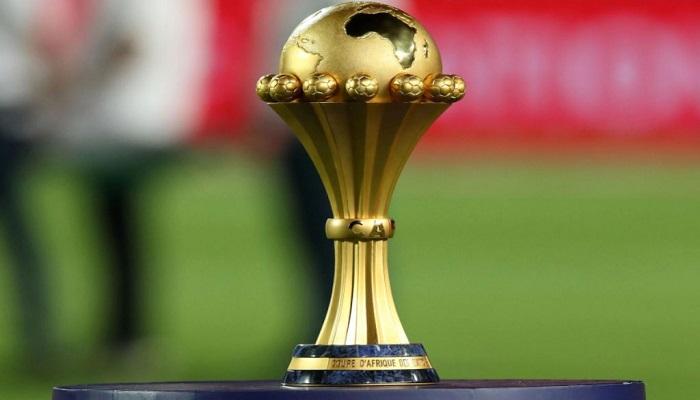
-
Published: 08 February 2023

REPORTED BY| JULS Mcmahon
- travel section editor- CJ
Riyadh- KSA
FEBRUARY 9, 2023
Saudi Arabia KINGDOM offered to pay for new sports stadiums in Greece and Egypt if they agreed to team up with the oil-rich Gulf heavyweight in a joint bid to host the 2030 football World Cup, POLITICO can reveal.
In exchange, the Saudis would get to stage three-quarters of all the matches, under the proposed deal.
The dramatic offer — likely worth billions of euros in construction costs — was discussed in a private conversation between Mohammed bin Salman, the de facto ruler of Saudi Arabia, and Greek Prime Minister Kyriakos Mitsotakis, in summer 2022, according to a senior official familiar with the matter.
A second senior official with knowledge of private discussions on the bid told POLITICO that Saudi Arabia is prepared to “fully underwrite the costs” of hosting for Greece and Egypt, but 75 percent of the huge 48-team tournament itself would be held in the Gulf state.
It is not clear whether the offer was taken up. But the three countries are now working on a joint proposal to host the 2030 tournament, a move which has triggered a backlash against Greece.
Riyadh’s megabucks offer to Greece, reported here for the first time, will fuel criticism that Saudi Arabia is effectively attempting to use its astronomical wealth to buy the World Cup by creating a trans-continental coalition to cleverly take advantage of the voting system.
In an attempt to persuade the members of football’s world governing body, FIFA, of the virtues of the Saudi-led bid, the proposed tournament would see matches held across three continents, providing geographical balance. A Middle East-only World Cup bid would be unlikely to succeed just eight years after Qatar hosted the tournament in 2022.
The Saudis’ main rivals are a joint Spain, Portugal and Ukraine bid from Europe, and a South American bid from Argentina, Uruguay, Paraguay and Chile.
The decision on who hosts the 2030 World Cup comes down to a public vote of the entire FIFA Congress, made up of more than 200 member associations from around the globe. If African countries, attracted by Egypt’s presence and Saudi investment around Africa, rally behind the bid, and Asian nations do the same, while Greece siphons off some European votes, the Saudi-led proposal will stand a strong chance of winning.
Holding the World Cup would be the culmination of Saudi Arabia’s ambitious strategy to dominate major sporting events. Successes include winning the rights to host world championship boxing bouts, European football and Formula One motor races, while creating its own rebel golf tour. Saudi Arabia’s Public Investment Fund also bought a prominent English football club and the country will host football’s Asian Cup for the first time in 2027.
But Saudi Arabia’s desire to stage the World Cup goes beyond reasons of sporting prestige, according to one regional expert.
“Saudi Arabia is strategically trying to position itself as an AfroEurasian hub — the center of a new world order,” Simon Chadwick, professor of sport and geopolitical economy at Skema Business School in Paris, said of the Saudi-fronted bid. “This positioning would enable Saudi Arabia to exert significant power and influence across a vast geographic area, which it is seeking to achieve by building relationships with key partners.”
“The multipolar staging of a World Cup with Egypt and Greece would be neither altruism nor largesse. Rather, it would form part of a wider plan, which the government in Riyadh is enabling through the potential gifting of stadiums,” he added.
In Greece, paying for sports infrastructure is a touchy subject, where it is seen as a monument to government profligacy.
Back in 2004, Athens hosted the Olympic Games, with Greece splurging around €9 billion. However, much of the infrastructure was left abandoned after the Olympic flame went out.
As the country entered a decade-long depression and had to resort to bailout programs to avoid bankruptcy, the Olympics became a source of anger for Greeks who questioned whether the Games pushed their country further into recession. Nearly two decades after the Olympics extravaganza, many of the 30 venues remain unused, while some have been demolished.
Since coming to power in 2019, Greece’s conservative New Democracy government has sought to deepen ties with the Saudis and other Gulf countries, as a response to arch-rival Turkey’s expansionist policy in the region.
The decision on World Cup 2030 hosting will be made in 2024, with the bidding process set to open officially later this year.
